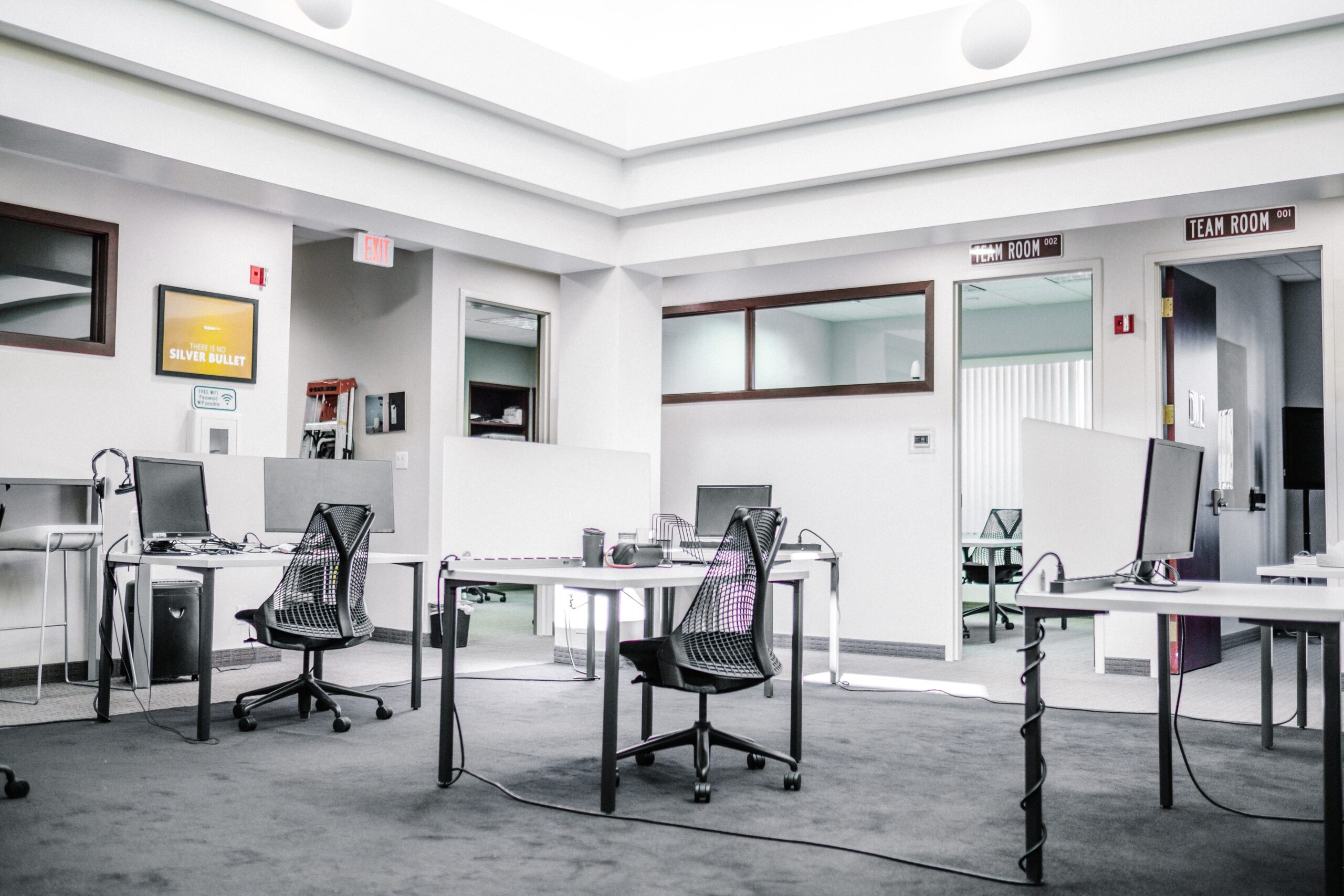Ten years ago the tech industry was aggressive. Everyone wanted to own everything. If your company was involved in a project, that was it: it was your project. Your client, your pitch, your tech, your invoice, your fee.
Now, we are slowly starting to see that change.
For starters, tech has got so big. Not many agencies can truthfully say they can excel at everything. Yes, they can deliver exceptional website design, but can they build complex backend functionality? If one organisation’s tour-du-force is UX design, can their development skills really be that good too?
The smart agencies realise this. They know it’s better to really focus on their core offering. And then look for collaborating partners.
Or wait until they find you…
Meeting Of Minds
In 2017 a new London-based foodie startup wins seed capital. For their UX design they engaged locally renowned Profound. The startup’s CEO also recruits Calcey Technologies from Colombo, Sri Lanka, who have a great reputation for building platforms for Silicon Valley startups. He invites the South Asian techies over to the Profound’s Basingstoke office for a month of workshops.
Ten years ago this kind of organised chaos was unheard of.
But that’s when the magic happened.
“What surprised us most was how in sync we all were”, Matt Quinn, CTO of Profound, told me over a lunchtime lemonade during last week’s heatwave.
“Asela [Calcey’s Director of Product Engineering] was challenging the same assumptions that I was. I could see that the guys from Sri Lanka thought exactly same as I did!”
Clearly, being a tech enthusiast has a distinctly homogenising effect on the brain.

The Breadth Of Tech
Profound are a specialised niche consultancy; the merging of one creative agency and another tech consultancy. Founding Director, Tim McMillen, has pedigree in the early 2000’s enterprise omni channel e-commerce revolution. To this day, Profound’s sweet-spot is Enterprise website design and build for international retailers and manufacturers.
Similar to many other agencies, they have a core proposition that demands deep focus: UX design and CMS implementation.
Increasingly, however, the breath of technologies required by their clients is proliferating so fast that to routinely diversify into new tech—then hire (and probably fire)—is costly, and too high risk.
It could derail their core proposition.
Working In Tandem
So when a client asked at the beginning of the year for a creative UX refresh on their website, plus the development of a mobile app, Profound thought let’s ask our pals in Sri Lanka to manage the tricky conversion to mobile .
“What impressed us most was their relentless pursuit of MVP’s (minimal viable product),” Quinn said about Calcey’s sprint performance philosophy.
“Their approach is to build the leanest product possible—day on day, week on week—so there is always something to continuously test in it’s real world context. It means the speed of progress is non-stop.”
“Another key driver for us was Calcey’s experience with React Native [app building software]. Calcey have quality developers building cross-platform mobile apps [on IOS and Android] with one code base. That allowed us to accelerate delivery, so the app was demo-stable before the client’s major international conference in June”.
Collaboration: Rebranded
Being an agency offering bespoke tech solutions, Profound were, like most out there, profoundly anti-outsourcing. After all, doesn’t it undermine your client needs, and devalue your own workforce? “Outsourcing” is like a swear word to many.
In our modern tech bubble, however, this somewhat outdated word needs a rebrand. Who works in an agency that can genuinely say they are experts across the technical-mix? Furthermore, who wants to give their clients less than anything other than the sharpest service possible?
So, as of today, let’s rebrand small-scale outsourcing.
How about “collaborating”?
Collaborating is when there is meeting of minds. And when two external parties, be it individuals or organisations, work in tandem.
Let’s keep collaborating.
It’s so much nicer.
